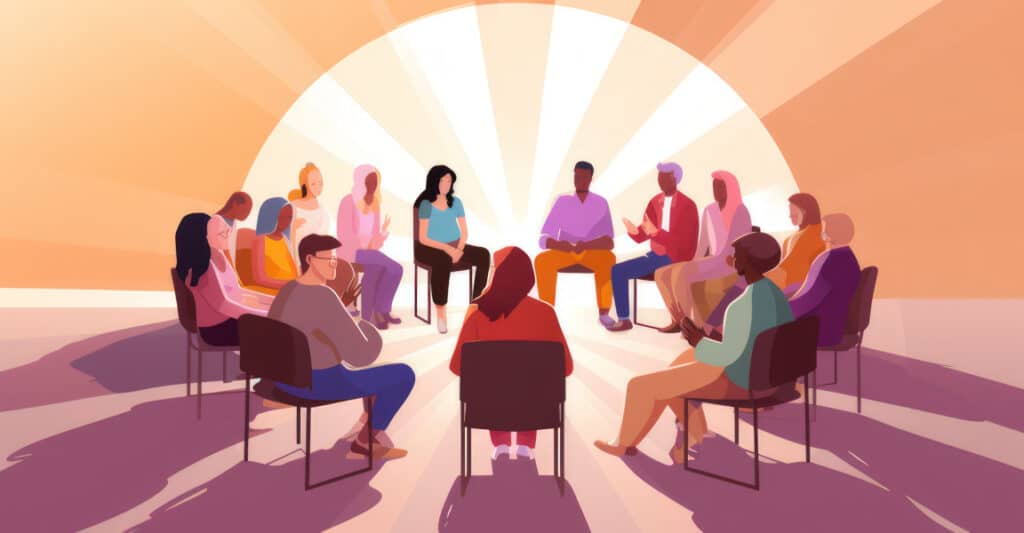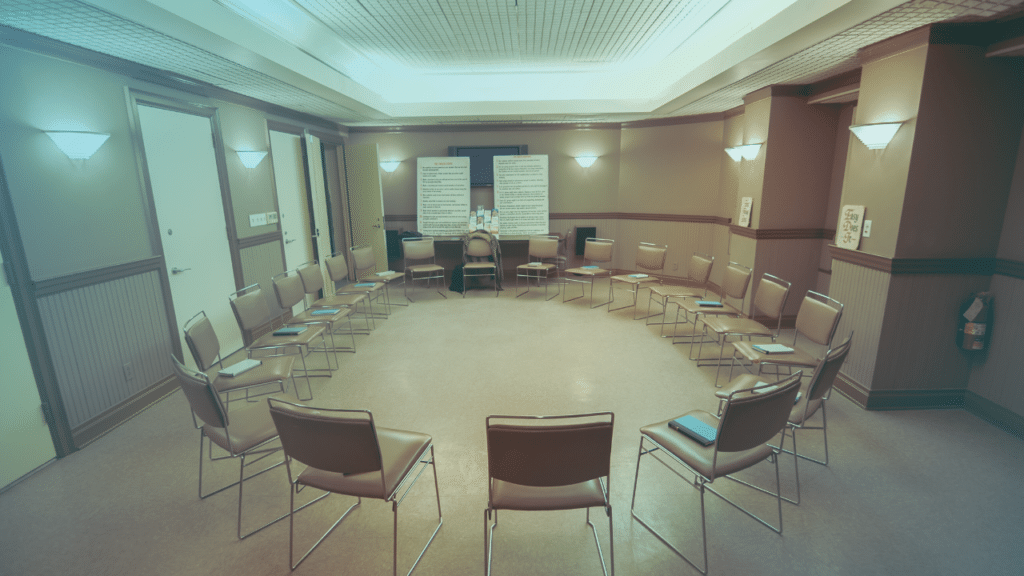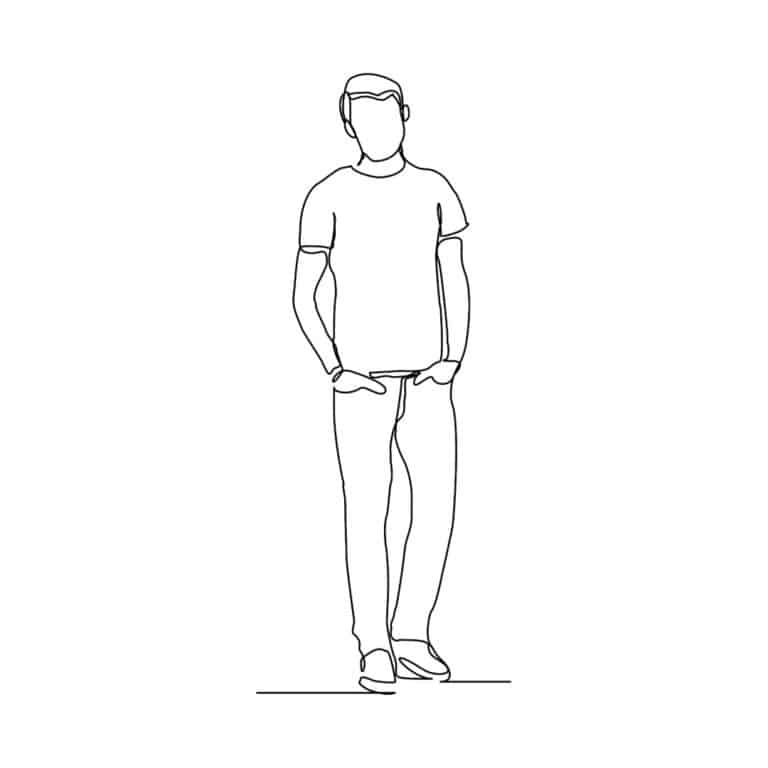
Understanding the Different Stages of Alcohol Recovery
Alcohol use disorder affects millions of people throughout the United States, across all races, sexual orientations, socioeconomic levels, and gender identities.
![]() Search
Search
Silver Pines and Steps to Recovery have provided addiction recovery programs in Pennsylvania for over a decade with detox, residential, outpatient, and sober living services. Last year, we expanded our services to include robust mental health treatment, a new outpatient location, and specialized programming for our nation’s veterans, with more to come this year! We are visually recognizing our growth with a unified look that better reflects who we are today and the passion we have for helping everyone with their addiction and mental health recovery journeys.
Home // Blog

Alcohol use disorder affects millions of people throughout the United States, across all races, sexual orientations, socioeconomic levels, and gender identities.

12-step programs and other recovery support groups can be a powerful resource for people recovering from addiction.

One of the biggest challenges for those struggling with cocaine abuse is dealing with powerful and persistent cravings. What are some strategies for coping with these cravings and breaking the cycle of addiction?

Trauma can play a significant role in the development and perpetuation of addiction. While not everyone who experiences trauma will develop an addiction, there appears to be a strong correlation between traumatic experiences and substance use disorders.

Methadone is an opioid medication used to treat chronic pain. It has also been used in the treatment of opioid addiction since the 1950s. Methadone may be given during drug

Fentanyl has become a serious problem in the ongoing opioid crisis. It is 50 times stronger than heroin and 100 times stronger than natural opioids like morphine; it’s also cheap

Addiction is a formidable adversary, one that often requires comprehensive treatment and ongoing support for long-term recovery. Seth’s journey through addiction treatment exemplifies the transformative power of dedication, support, and

Long-term drug abuse is associated with numerous medical, psychological, and emotional complications. But it’s often the physical side effects of drug use that push a person to seek medical attention,

The unpredictability of panic attacks can make it difficult to manage them when they do arise. Here are some tips for grounding yourself and overcoming the fear associated with a panic attack.

Heroin abuse is a serious, potentially life-threatening condition. Learn the warning signs of heroin use and addiction so you can help your loved one get into treatment.
Get exclusive resources, find inspiration, and grow alongside us. Subscribe to our monthly newsletter now!